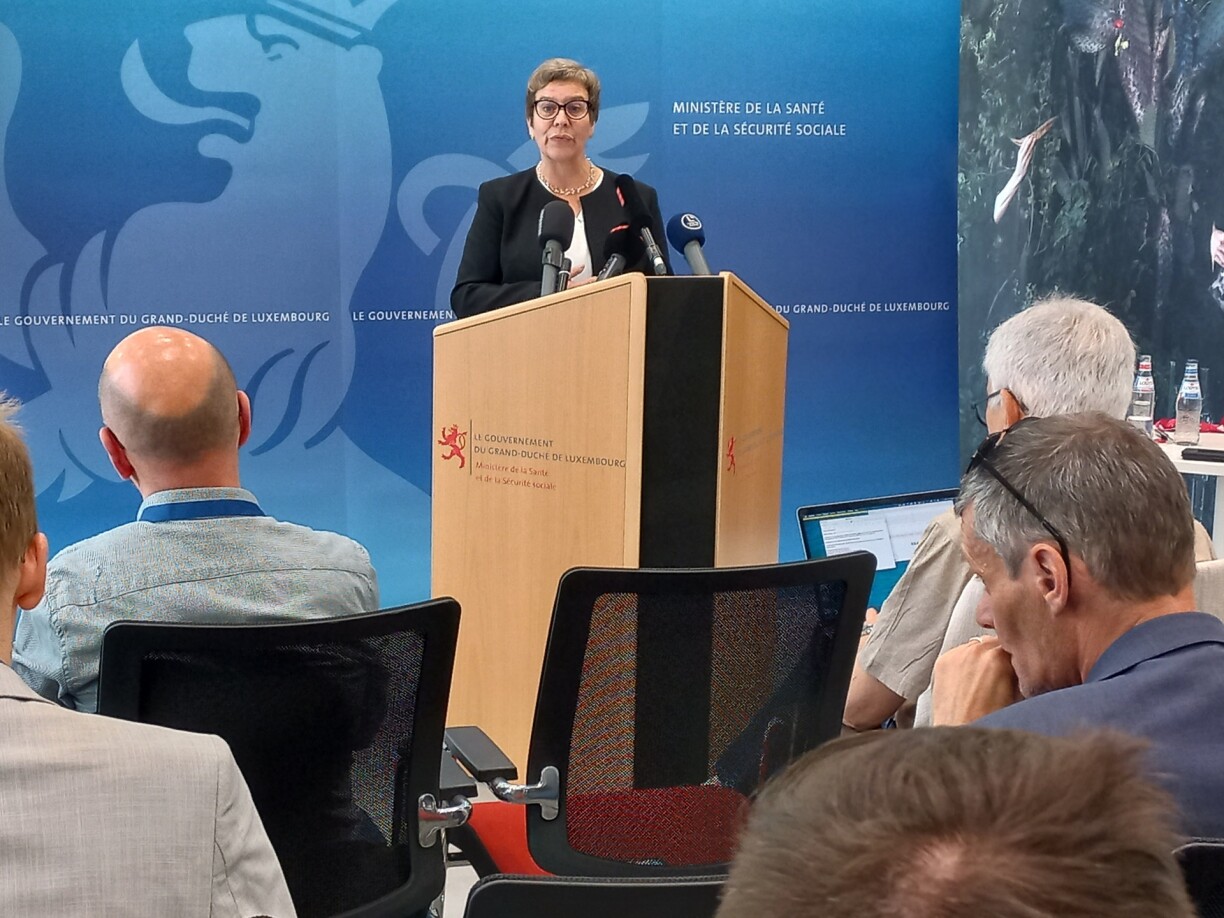
After briefing the parliamentary social committee on Wednesday, Health and Social Security Minister Martine Deprez addressed the press to present the government’s current course of action on the pension reform. In her 20-minute statement, Deprez stressed that while no final decisions have yet been taken, the government is pursuing a clear direction.
Read also: Key details still unclear in Luxembourg’s pension reformAt the heart of the proposed reform is a gradual increase in the effective retirement age, without changing the legal retirement age of 65. Under the new plan, individuals opting for early retirement would gradually be required to work longer: three additional months per year, with implementation potentially beginning as early as 2030.
The reform would primarily impact early retirement pensions.
The minister reaffirmed the government’s support for the 2012 pension reform but emphasised that shifting demographic and economic realities can no longer be ignored. Over the past 12 years, life expectancy has increased by four years, while the average effective retirement age has risen by just seven months.
“This is the direction we’re taking. Doing nothing is not an option”, Deprez asserted.

The announcement has reignited public debate. Trade unions warn of increased social inequality, particularly for workers in physically demanding jobs who often cannot stay in the workforce until 65 or beyond. Youth organisations have also voiced concerns, arguing that younger generations are being asked to work longer without a clear picture of their future pensions.
Read also: Workers react as government plans to raise retirement thresholdFrom a fiscal standpoint, the government sees growing risks in the current system. Projections suggest that by next year, the pension fund could already face a deficit.
As a result, the government is exploring short-term financing options, including tapping into special funds or increasing consumption taxes, though these are not seen as sustainable long-term solutions.
Despite mounting criticism, the government is standing firm. According to Deprez, the coming months will be key for in-depth discussions and consensus-building. She also announced that the government would make an additional budgetary effort to avoid raising contribution rates in the short term.
Minister Deprez also appeared on RTL television on Wednesday evening to respond to public questions and provide further clarity on the reform’s direction. During the interview, she reiterated that the government does not view CO2-tax revenues as a viable long-term solution to securing the pension system.
“Starting next year, the pension insurance system will start showing negative figures”, she noted. “That deficit needs to be addressed. If we do nothing, it will be absorbed by the reserves.
“To stabilise the system, the government has decided to look at potential increases in consumption taxes or other budgetary contributions to help close the gap. But let’s be clear, these are not long-term solutions. They are short-term fixes.”